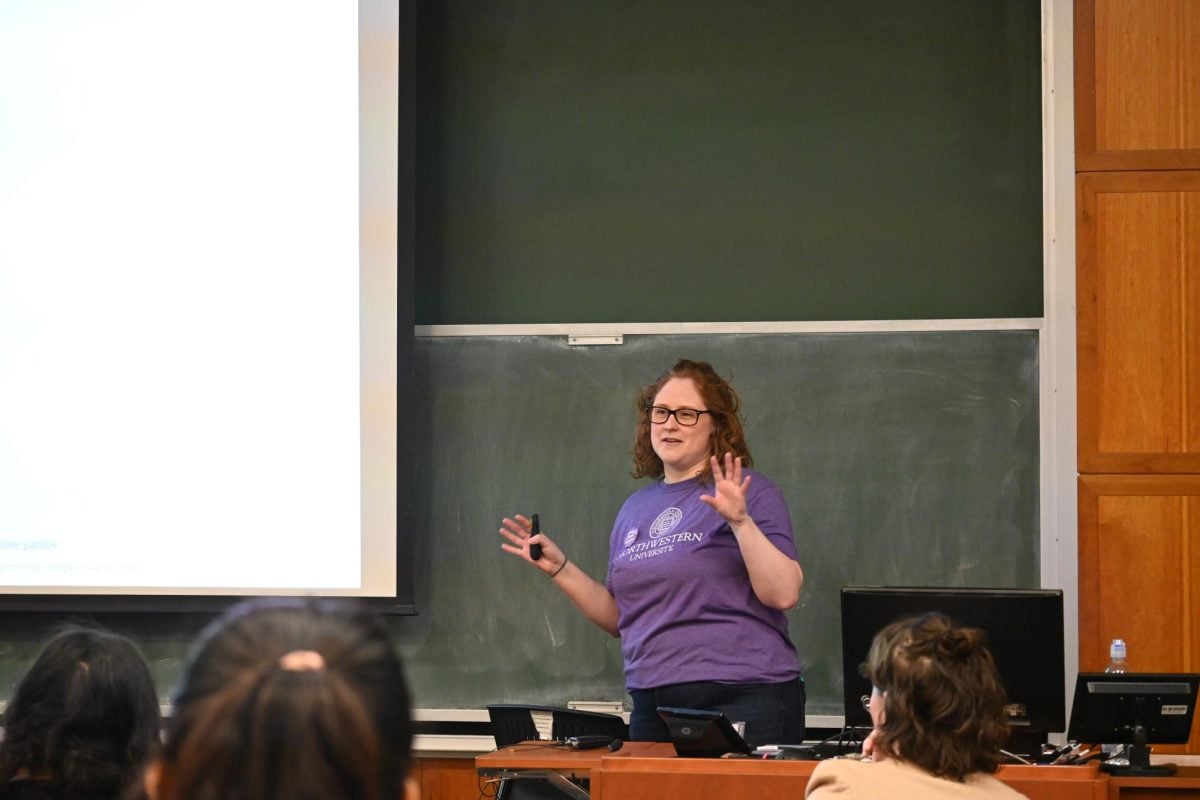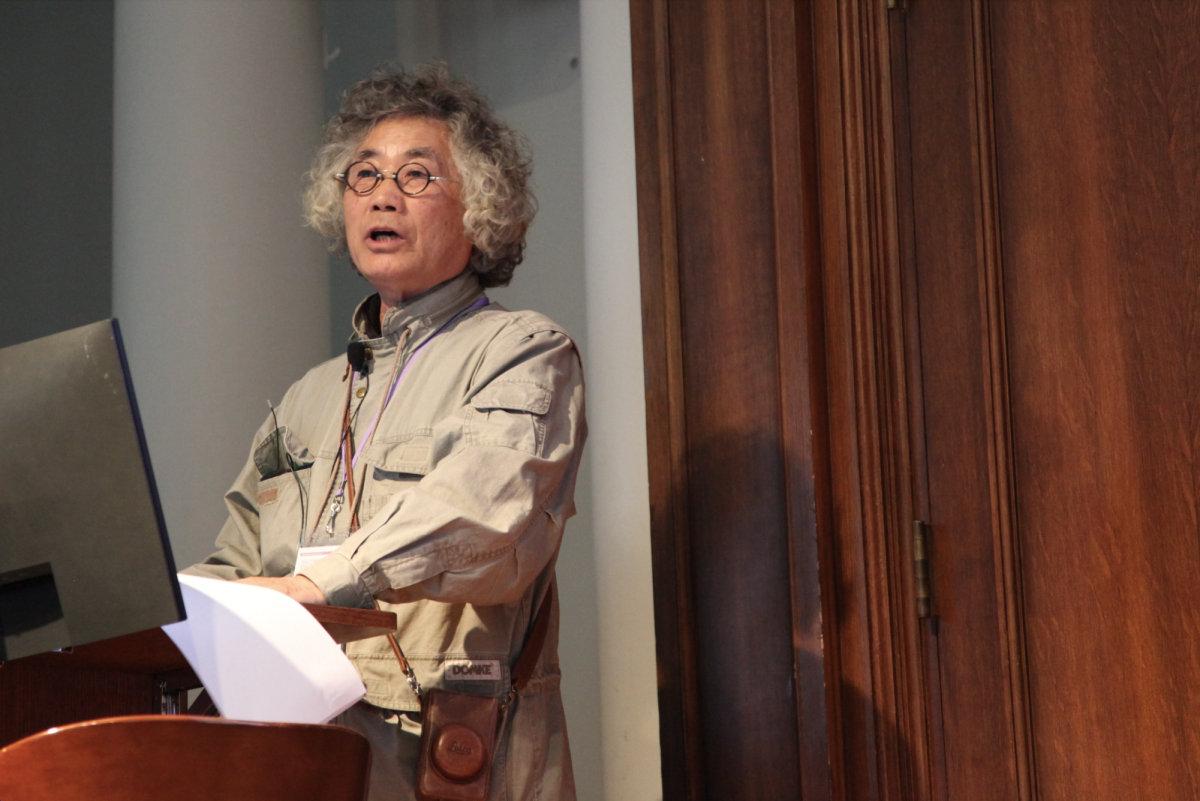A Northwestern professor says she may have found a way to help those afflicted by post-traumatic stress disorder, a mental condition which affects about 8 million Americans from soldiers to abuse victims.
Jelena Radulovic, a professor in the department of psychiatry and behavioral sciences, has discovered drug compounds that can help prevent the development of PTSD in mice if injected within five hours after initial stress.
Clinical literature demonstrates that people who have had stress previously in their lives have a much higher rate of developing PTSD if they experience a traumatic event, like a car accident, later in life, said Natalie Tronson, a post-doctoral fellow in Radulovic’s laboratory.
“Earlier stressors can really profoundly affect later learning, fear memories or traumatic memories,” Tronson said.
Current treatments for the disorder focus on treating patients after they have experienced a traumatic event that usually triggers the development of PTSD. Radulovic’s research focuses on halting the development of PTSD after a stressful event and before the experience of a traumatic event.
“This isn’t really about treatment afterwards,” Tronson said. “It’s about preventing the changes that make people vulnerable to developing (PTSD).”
In an interview with WGN-tv.com, Radulovic suggested PTSD can be prevented “if we identify the stressful event and act pharmacologically in a specific time window.”
The experiment subjected lab mice to immobilization stress and an injection of the drug compound up to five hours after the initial stress. Six hours after the immobilization stress, the mice were exposed to fear conditioning, which simulated a traumatic event.
“The early stress makes the bad memories, or traumatic memories, stronger, and that is one of the things that then contributes to (PTSD),” Tronson said. “So we wanted to see if there was a way to interrupt after the first stressor but before the traumatic event to see if we can prevent that enhancement.”
The results demonstrated that MTEP and MPEP, the two drug compounds tested, helped reduce the development of PTSD symptoms in mice by reducing the activity of metabotropic glutamate receptors 1 and 5 in the hippocampus, the part of the brain involved in forming long-term memories. The new drugs helped to decrease the effects of initial stress and the activity of that receptor while keeping normal memory processes intact.
Similar drugs currently on the market for the treatment of anxiety can cause drowsiness and affect memory. Radulovic’s research has not identified such side effects in lab tests, and the drug compounds are not expected to affect normal memory formation, Tronson said.
While the new drug compounds have proven effective, preventing PTSD may be challenging. According to the National Center for PTSD, about 60 percent of men and 50 percent of women experience a traumatic event, but less than 30 percent of those people develop PTSD. However, there is currently no way to identify the percent of trauma patients most likely to develop PTSD and have them take the preventative drug, Tronson said.
“One way to think of it is, if there was a person who experienced a stressful event, to treat them immediately after and hope that will prevent something from happening later,” Tronson said. “The problem is that in the real world you can’t predict when traumatic events will happen … so we hope that in the future this drug might be used in clinical trials and maybe it will work after a traumatic event, but we don’t know.”







